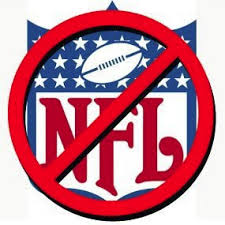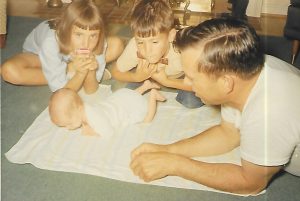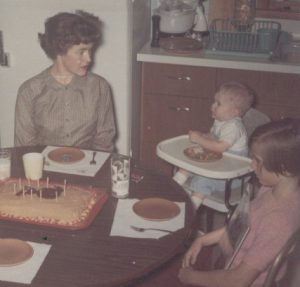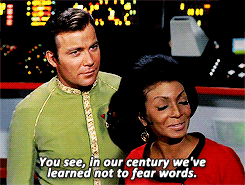 All right, I said I was just going to do short reviews until I was ready to release pieces of a bigger project. Said bigger project is at 8,000 words, and I’m still mulling it over. But this only-reviews thing just ran headlong into the thing that everyone seems to be talking about: football players standing, not standing, kneeling, hiding in the locker room, etc, during the playing of the National Anthem.
All right, I said I was just going to do short reviews until I was ready to release pieces of a bigger project. Said bigger project is at 8,000 words, and I’m still mulling it over. But this only-reviews thing just ran headlong into the thing that everyone seems to be talking about: football players standing, not standing, kneeling, hiding in the locker room, etc, during the playing of the National Anthem.
So I feel moved to say, “It’s just football!”
Isn’t it?
No, it isn’t, and I know that. It’s not just a game, it’s a multi-billion dollar industry which is part of America’s civil religion. That’s not me being sarcastic, either. There is a recognized civil religion in this country, and pro football games are one of its sacred rituals. So, for a lot of us, those who would fail to behave as per accepted norms during one of the religious observances which are key to that ritual–i.e. those who are unwilling to stand for the National Anthem–are heretics.









